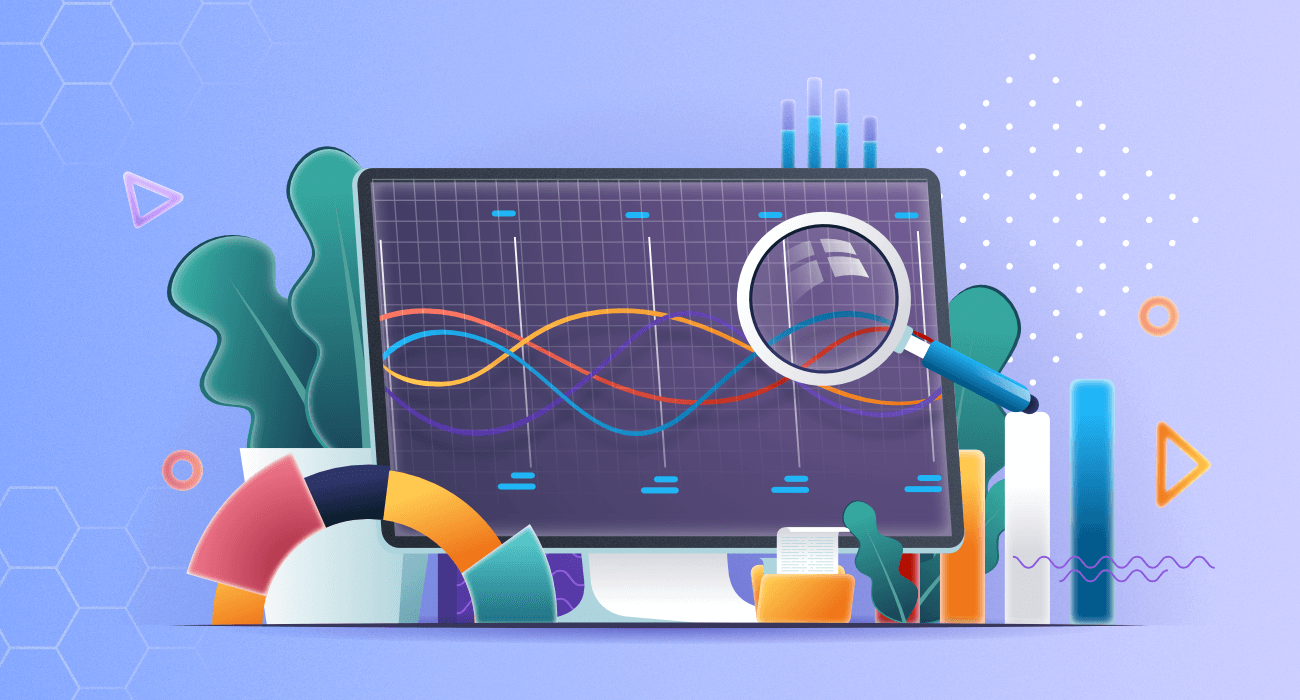In today’s competitive business age, wise decision-making is critical to outpace competition. Business intelligence and analytic services allow companies to collect, analyse, and interpret information in a manner that enables them to make smarter choices. With business intelligence and analytic services, companies can extract meaningful information out of information, make effective strategies, and become effective. In a scenario in which every decision can make a big impact, relying on business intelligence and analytic services is critical to gain a competitive edge and succeed in the long run. Moreover, with real and timely information, companies can understand trends, customer requirements, and improvement areas, respond promptly, and make sound choices.
The future of business intelligence and analytics in business decision-making
Business intelligence and analysis have become increasingly important decision tools for modern companies. By choosing technology, companies can now use information meaningfully and, therefore, make smarter, faster, and better-informed decisions. All this transforms companies’ operations, making them competitive and efficient.
Increased Data Availability:
As businesses generate volumes of information, access to collect, analyse, and interpret such information is becoming more critical. With growing information comes growing opportunities. Moreover, with improved information collection techniques, companies can gain useful information that could not have been acquired elsewhere.
Real-Time Decision Making:
The future of business intelligence is in its real-time feature. Real-time data can facilitate timely and good decision-making by companies. Therefore, it is especially vital in industries where timing is of the essence, such as retail and manufacturing industries. However, with quick access to information, companies can react to opportunity and risk in a manner unparalleled in its quickness.
Automation of Data Analysis:
Automation in analysis will transform business operations. Using powerful tools, companies can do routine work, such as report preparation and tracking trends, a matter of automation, freeing valuable time for workers to work at a high level and make critical decisions. Businesses can improve accuracy and productivity by reducing human error and saving time.
-
Personalization of Business Strategies:
- As analytics become important, companies will tailor their strategies to individual needs. With a deeper understanding of customer behaviour and preferences, companies can make services and marketing messages specifically designed for individual requirements. Personalisation creates deeper, more satisfying customer relationships, which is key to long-term success for a business.
Collaboration and Data Sharing:
The future of business intelligence will also prioritise collaboration and information sharing between departments. As companies rely increasingly on shared information to make decisions, business intelligence tools will enable seamless information integration and collaboration between departments. Also, with collaboration, decision-making will become more uniform and coordinated.
The role of business intelligence and analytics in business decision-making
It plays a significant role in current decision-making processes by providing insightful information generated through data. BI and analytics software allow companies to analyse trends, make predictive forecasts, and streamline operations, allowing leaders to make fact-based, sound decisions that promote competitiveness and growth.
Better Decision-Making with Data Insights:
Business intelligence and analytics enable companies to have timely and accurate information and for decision-makers to understand the situation easily. Unlike guesses and instinct, companies can use trends and facts in decision-making. For instance, when a new product is about to launch, BI and analytics can report about future demand, customer trends, and competition. With ease, fact-based decisions can be made, and with confidence, knowing that such will deliver positive outcomes. In addition, with information-based insights, errors become less likely to occur. It keeps companies from basing decisions on assumption- and outdated information-based ones.
-
Enhancing Operational Efficiency:
- Business intelligence and analysis play a significant role in daily supporting operations. Comparing operational information, companies can identify areas of inefficiency and improvement. For example, a company can discover that certain processes consume much time when they could have taken less, and assets are wasted. With such information, management can act to make operations efficient and save both time and assets. In addition to improving efficiency, BI and analytic services allow companies to identify trends that can become problems. For example, when a company identifies a growing level of production held over a period, it can address the root cause in time to prevent an issue.
Faster Decision-Making with Real-Time Information:
Quick thinking prevails in today’s competitive environment. Organisations that can make timely, well-made decisions will outcompete others. Business intelligence and analysis provide real-time information, and decision-makers can react promptly to the changing marketplace. It can be a demand change, a new development in a competitor, or a change in marketplace dynamics with real-time information capable of altering strategies. Access to real-time information keeps companies flexible and ready for unforeseen obstacles. For example, in an unexpected spurt in demand, companies can make quick decisions about inventories and production requirements.
Improving Customer Satisfaction:
Business intelligence and analysis are key to knowing and improving customer requirements and experiences. Customer behaviour wants, and feedback analysis enables companies to modify their offerings, services, and marketing approaches to address customer requirements. Customer satisfaction, loyalty, and, in turn, increased sales naturally follow. For example, a company can use analysis to understand the most valued parts of a product and strive to improve them. Moreover, BI and analytics help businesses predict customer needs and trends. However, this forward-thinking approach enhances customer relationships and keeps the business in tune with market demands.
Identifying New Areas for Growth:
Business intelligence and analysis allow companies to identify new areas for expansion. By analysing trends, purchasing behaviour, and trends in an industry, companies can identify emerging trends or unexploited markets with expansion potential. For example, a corporation can identify an emerging demand for products and launch a new range of goods to capitalise on such demand. By consistently analysing the information, companies can identify such opportunities early and, thus, expand into new markets or launch new goods before competition arises. Analytics also allow companies to assess the effectiveness of ongoing strategies and make a switch when warranted.
Final words
To sum up, business intelligence (BI) and analytic services are necessary for businesses wanting to make their decision-making smarter. Through data-driven insights, businesses can identify trends and improve customer experiences. An effective business intelligence BI tool is essential in transforming raw information into actionable information for smarter business strategies. Business intelligence BI tools allow businesses to make better-informed decisions and beat the competition in a competitive market in today’s environment.

